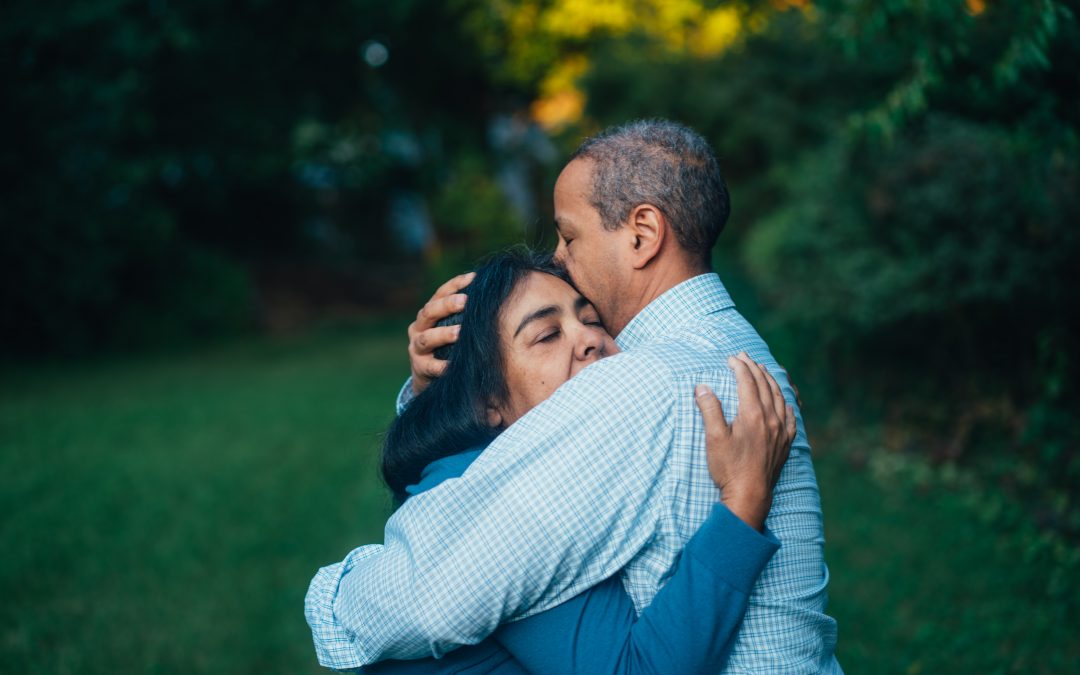Because relationship for humans is like the air we breathe, we often tend to take one another for granted. This may be particularly true in intimate partner relationships over time. Over years of working with couples in therapy, one theme that often emerges is that a couple who has been together for some time, perhaps with children, tend to ignore their relationship. There is a tendency for a ‘set and forget’ mentality once a commitment has been made and life gets busy.
In contrast, research shows Masters of Relationship consciously build a culture of appreciation with each other. They find ways to validate and affirm each other in small ways. Making eye contact and smiling to each other, physical touch, showing interest in each other’s thoughts or ideas (even though they may not agree), complimenting or giving verbal appreciation for simple day to day events (like cooking dinner), are just some of the possible ways couples build a culture of appreciation.
If we want to strengthen our relationship, one important task for a couple is to take time to ask each other “What is our culture”?
You may come from similar or very different backgrounds. You may come from different countries, language or cultural groups. But if you want to strengthen your relationship, one of your jobs as a couple is to actively create your own culture, a culture that is unique to you two. What are our rituals? What do we want to stand for in the face of external threats? Why is this important to us? What example do we want to set for our children, or grandchildren, our community?
Our speech pathology and psychology clinic is located in Braddon, ACT, in Canberra’s CBD. Call us on 5117 4890 or email reception@inpositivehealth.com to get in touch.
In Positive Health, Canberra. Nel MacBean Speech Pathologist Canberra. Campbell MacBean Psychologist Canberra.
Psychology Canberra psychology Canberra Psychology Canberra psychology Canberra
Psychology Canberra psychology Canberra Psychology Canberra psychology Canberra
Psychology Canberra psychology Canberra Psychology Canberra psychology Canberra
Psychology Canberra psychology Canberra Psychology Canberra psychology Canberra
Psychology Canberra psychology Canberra Psychology Canberra psychology Canberra
Psychology Canberra psychology Canberra Psychology Canberra psychology Canberra
Psychology Canberra psychology Canberra Psychology Canberra psychology Canberra
Psychology Canberra psychology Canberra Psychology Canberra psychology Canberra
Psychology Canberra psychology Canberra Psychology Canberra psychology Canberra
Psychology Canberra psychology Canberra Psychology Canberra psychology Canberra


